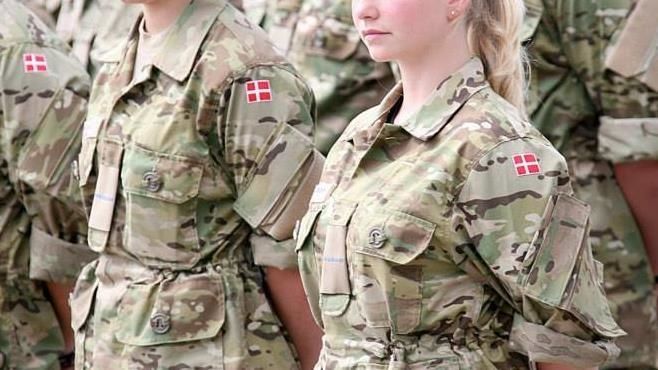For the first time in Danish history, women will be subject to
mandatory military service as a new gender-equal conscription
policy takes effect on July 1, 2025, Azernews
reports, citing foreign media.
This landmark change follows a broad majority agreement in the
Danish Parliament under the 2023 defense accord, which aimed at
both strengthening and equalizing conscription policies.
Under the new rules, young women will join men in a
lottery-based system that may require them to complete a period of
compulsory military service.
Defense chief Gen. Michael Wiggers Hyldgaard expressed his
support for the reform, calling it a step toward a more inclusive
and modern military.
“When we open the door to both women and men on exactly the same
terms, we tap into Denmark’s full talent pool. This gives us
greater operational strength – and sends a clear message that the
Armed Forces are a progressive institution where everyone,
regardless of gender, can contribute to the defense of the Kingdom
of Denmark,” said Hyldgaard.
The reform is also accompanied by structural changes in military
service. Starting in 2026, the length of the conscription period
will be extended to 11 months.
Under the new policy, women will be required to serve 11 months
of military service once they turn 18. This change marks a
significant shift in Denmark’s defense approach, as military
service transitions from voluntary to compulsory for young
women.
The first five months will consist of intensive basic training,
designed to equip conscripts with a strong military foundation. The
remaining six months will focus on operational duties within the
army, navy, air force, or special operations command.
However, it’s important to note that the new rules only apply to
women who turn 18 on or after July 1, 2025. Women who were already
18 before that date will remain under the previous system, where
military service is voluntary.
This policy change marks a significant moment in Denmark’s
ongoing effort to modernize its military and promote gender
equality. It also reflects broader trends in European defense
policies, as many countries reconsider traditional gender roles in
the armed forces. The decision may set a precedent for other
nations to follow, potentially reshaping the landscape of military
conscription in the coming years.
